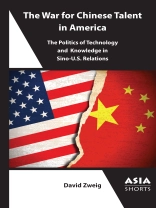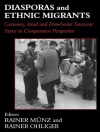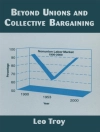To overcome their “brain drain, ” some developing countries employ the “Diaspora Option, ” encouraging their overseas nationals to use the knowledge they gained abroad to help their motherland. Since the mid-1990s, China’s party/state has vigorously used an extensive array of programs and incentives to persuade ethnic Chinese living in America to transfer their technological knowhow back home. Many Chinese working abroad facilitated this flow, some to strengthen their former homeland, others from self-interest. In 2018, the Trump Administration declared war on these efforts. Employing a Mc Carthy-like campaign called the “China Initiative, ” the government investigated Chinese scientists across the U.S. Many individuals were arrested, only to have their cases dropped. Still, hundreds had their research disrupted or lost their jobs. This book documents China’s ‘no-holds-barred’ effort to access U.S. technology and America’s vigorous counterattack and its efforts to disrupt the transfer of U.S. technology to China. Six case studies include stories of unknown victims of that campaign whose cases were never made public. It highlights how the war has undermined Sino-American scientific collaboration and triggered the outflow of some top Chinese talent from America and back to China.
Circa l’autore
David Zweig (Ph.D., The University of Michigan, 1983) is Professor Emeritus, Hong Kong University of Science and Technology, Distinguished Visiting Professor of Taipei School of Economics and Political Science, National Tsinghua University, Taiwan, and Vice-President of the Center for China and Globalization (Beijing). He was a Postdoctoral Fellow at Harvard in 1984-85, and in 2013-2015 received the Humanities and Social Sciences Prestigious Fellowship, Research Grants Council of Hong Kong. For 15 years, he directed the Center on China’s Transnational Relations at HKUST. Over 40, 000 students have signed up for his two courses on Chinese politics and China and the world, both on Coursera.












